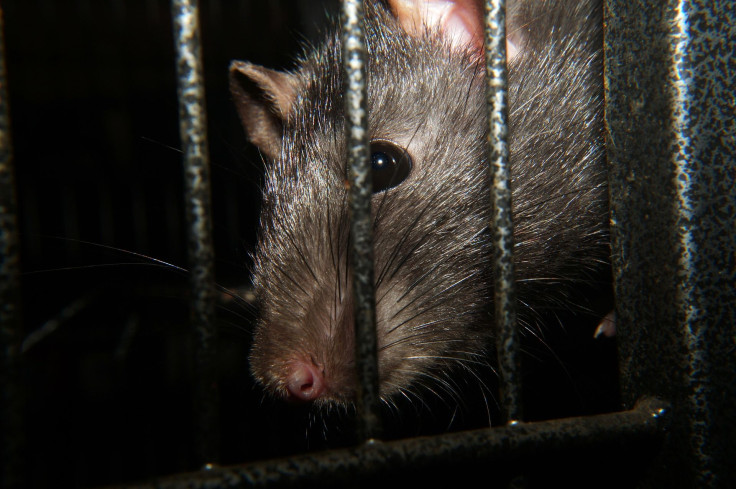Neighborhood Rat Infestation? Rodents Increase Risk Of Depression More Than Any Other Sign Of Urban Decay

Anyone living in a big city knows rats are just part of the package. They’re unavoidable in subway stations and gutters, but once they expand their territory, the rodents can be a bigger problem than previously thought. A new study out of the Johns Hopkins Bloomberg School of Public Health suggests those who live in a neighborhood where rats are common face increased risk of depressive symptoms like sadness and anxiety.
Even when the researchers accounted for other troublesome neighborhood conditions that often coexist with rats, such as vacant housing, the relationship between creatures and depression held. The rodents were associated with depression more than other negative neighborhood characteristics, including crime. The study authors then concluded that getting rid of a rat problem could do a lot for people in a neighborhood.
“This study provides very strong evidence that rats are an underappreciated stressor that affects how people feel about their lives in low-income neighborhoods,” Danielle German, the leader of the study, told NBC. “The good news is it’s modifiable. If we can do something to reduce the number of rats in these neighborhoods, we can improve people’s wellbeing.”
The team recruited 448 urban Baltimore residents and surveyed them about the state of their environment and the health issues they faced every day. Sexually transmitted infections and drug abuse surfaced as main worries, but rats were mentioned as a recurrent problem. Half of the participants reported seeing a rat at least once a week, and 35 percent said they saw one of the creatures every day. Among the group that said rats were a real problem, participants were 72 percent more likely to experience acute symptoms of depression than those who did not come into contact with rats or did not see the rodents as a problem.
German said the study provides an opportunity for neighborhood authorities to improve their approach to rat population control. Though rodents are considered a vector for disease, they had not previously been thought of as risk factors for depression. Recognizing the impact rats could have on mental health may spur more vigorous actions to purge the critters from a neighborhood.
She also pointed out that the findings are similar to those that led to broken-windows policing, which centers on the idea that preventing small, irritating crimes can in turn prevent more serious ones.
“Eradicating rats from Baltimore City is a hard goal, but making it so no neighborhood has to see rats every day is a goal we can strive for,” German said. “It would go a long way towards improving the outlook of people who live in poor neighborhoods.”
Source: German D, Latkin C. Exposure to Urban Rats as a Community Stressor Among Low-Income Urban Residents. Journal of Community Psychology. 2016.



























